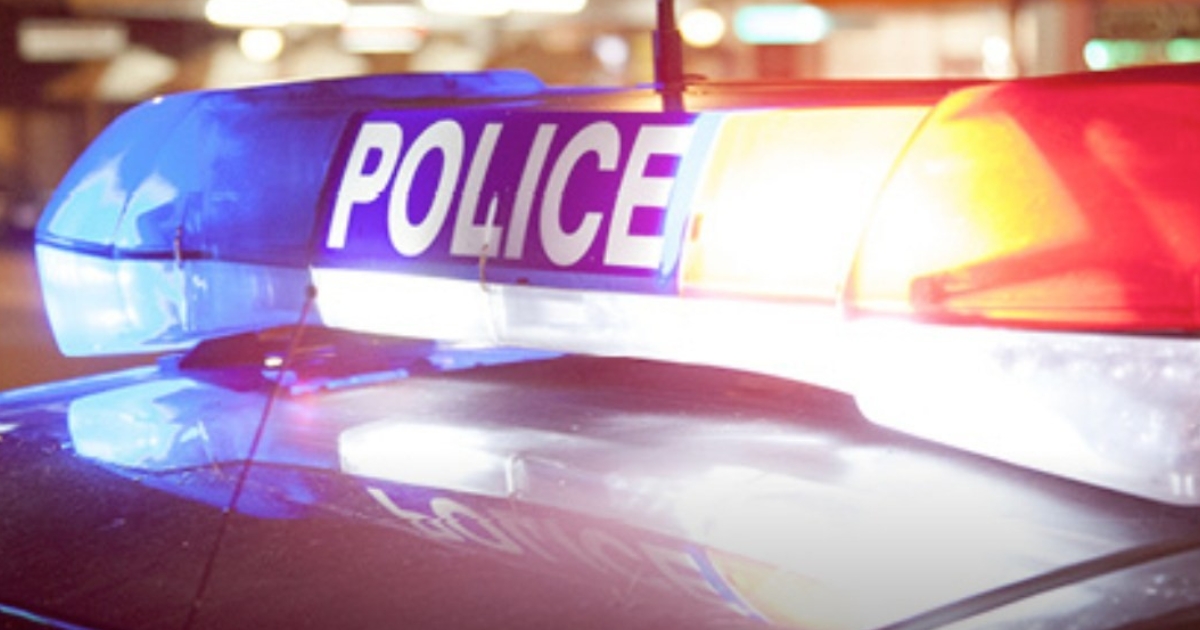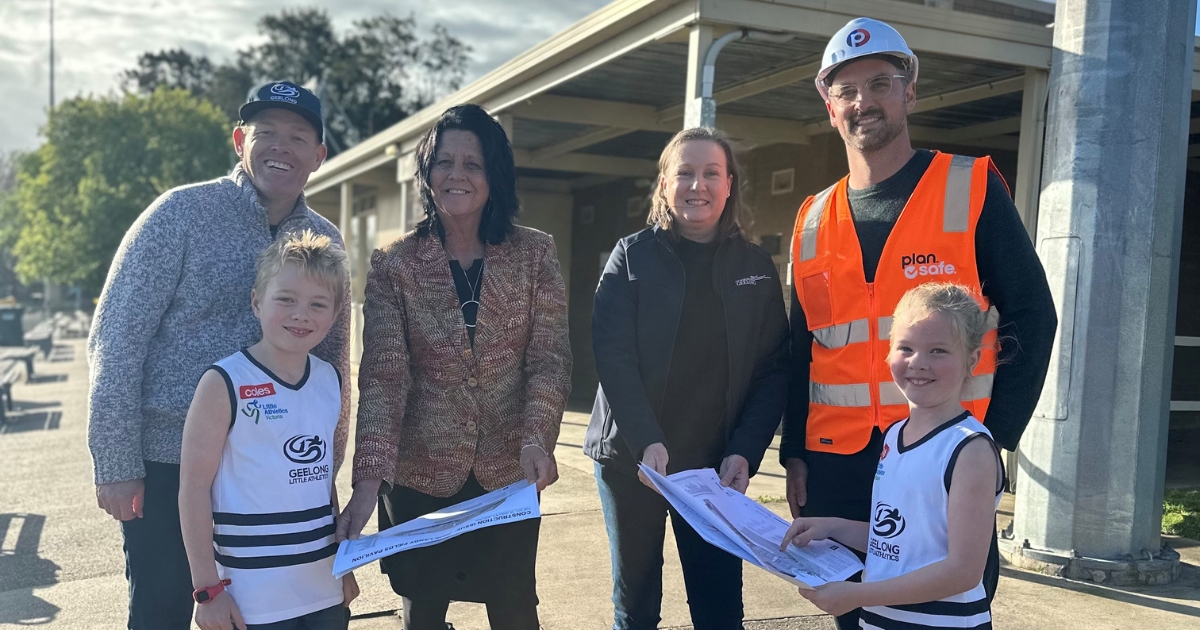Parties pledge cash towards first responder care
THE state Opposition and Labor have both pledged to provide better mental health support for police, emergency services and ambulance workers if their respective parties win November’s election.
On Tuesday of last week, Opposition Leader Matthew Guy said a Liberal Nationals government would provide up to $10,000 for medical expenses for each first responder for PTSD and depression treatment while their WorkCover claim is processed.
This would be implemented by a new $6 million First Responders Support Fund, which would be managed by WorkCover.
“A Liberal Nationals Government will protect those that protect us,” Mr Guy said.
“First responders put their lives on the line and risk everything because they know there is no time to lose. That’s why there’s no time to lose when it comes to supporting those first responders who then need our support.
“I don’t think it’s acceptable for first responders who are suffering from work-related Post Traumatic Stress Disorder and depression to have to wait for 13 weeks or sometimes months for treatment. Under my government we will show them the same urgency and care they show Victorians every single day.”
Labor responded to the Coalition’s announcement the next day (Wednesday), pledging that their party would introduce provisional acceptance payments for mental health injuries with no monetary cap.
The changes to the WorkCover system would be informed through a 12-month pilot ahead of an expanded rollout, with a re-elected Labor government to introduce legislation for provisional acceptance payments for mental health claims to every Victorian worker within two years.
The reform would cover any mental injury sustained by paramedics, police, Protective Services Officers (PSOs), firefighters and SES workers in the course of duty.
“Our first responders can witness and experience the most unimaginable trauma,” Premier Daniel Andrews said.
“Sometimes these kinds of injuries can go untreated for years, even decades. It means, when our emergency workers do put their hand up for help, we need to be there.”


















